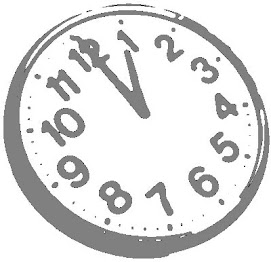- Interest, opportunity, or sense of danger -- when you are mentally engaged or threatened in some way, your body rises to the challenge by increasing alertness.
- Physical activity -- when you are physically active, you increase your alertness. This effect can last for a while, making sleep difficult after intense exercise.
- Time of day on your circadian clock -- if your body is telling you it's night time, your alertness will drop. You can reset your circadian clock (as evidenced when you travel across time zones) but it takes time and careful attention if you're a shiftworker.
- Your sleep "bank balance" -- if you have gotten inadequate sleep over the past few days, your alertness will suffer.
- Ingested nutrients and chemicals -- caffeine and other substances have a stimulating effect while tryptophan and sleeping pills will encourage sleep.
- Environmental light -- bright lighting wakes you up and dim lighting tends to make you sleepy.
- Temperature -- warm and stuffy rooms make you sleepy while cold, bracing increases alertness.
- Sound -- loud, erratic noises increase alertness while soft sounds and white noise reduce it.
- Aroma -- This last one, aroma, has somewhat less research to support it, but there is at least some evidence that certain aromas have a stimulating effect while others have just the opposite. Scents like lemon and peppermint have been found to increase alertness.
Keep these factors in mind and use them to your advantage.









No comments:
Post a Comment